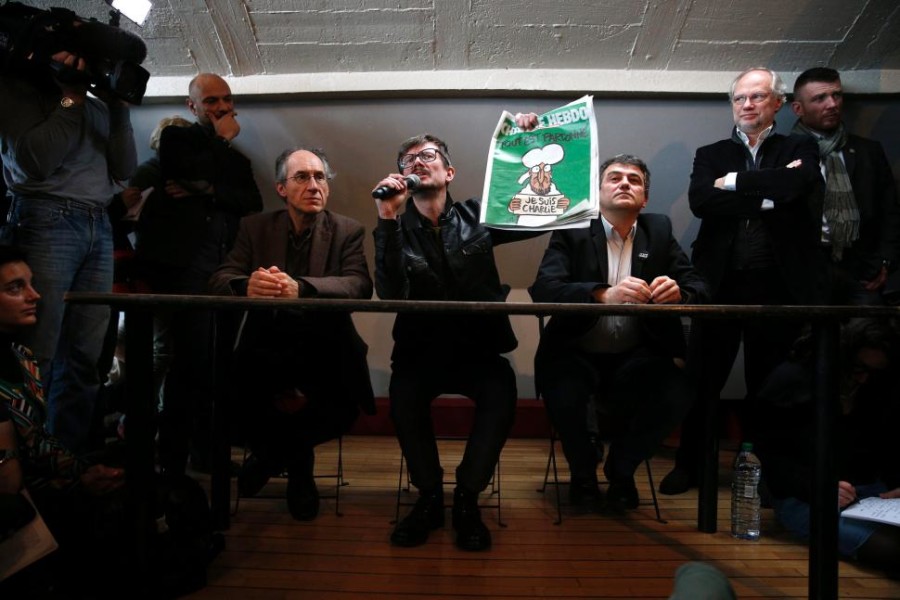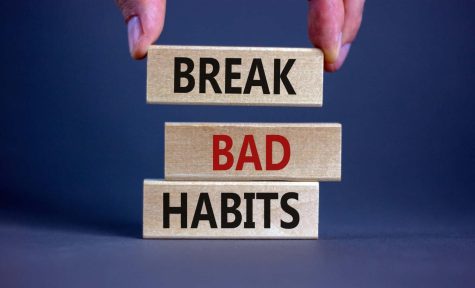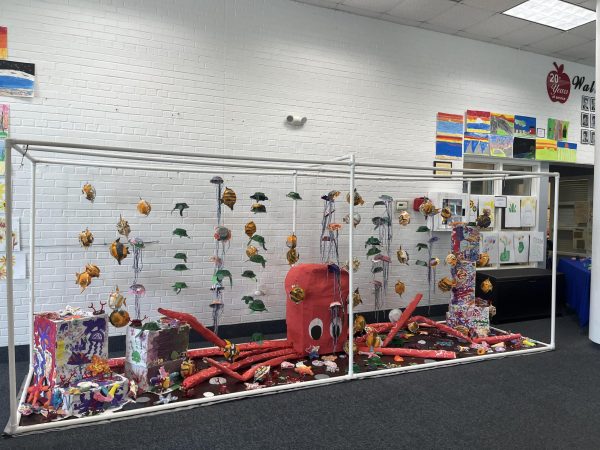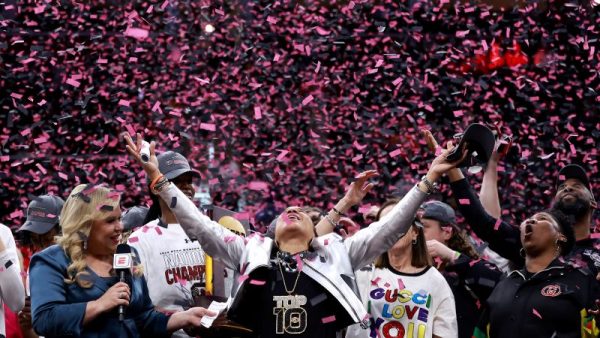Qui est Charlie? Meaning Behind Controversial Cartoons
By now, everyone has heard of the terrible occurrences of January 7, 2015 at the Parisian headquarters of Charlie Hebdo. While it is clear that the attack was an act of terrorism that resulted in the death of twelve people, one question still lingers. What is the actual purpose of this offensive media that Charlie Hebdo produces?
With the world looking in at every action of the company, Charlie Hebdo has faced both praise as champions for the freedom of speech and scrutiny for acting as bigots working to degrade French minority groups. Worldwide, the public is still unsure which conclusion is right; everyone has an opinion, but no one has a sound answer.
As the majority of the world’s people are not French citizens accustomed to weekly editions of the controversial newspaper, there is a significant disconnect between the mission of the publication and the understanding of the public. This detachment boils down to two main lapses in thought processing when attempting to grasp the original intent of the journalists: the deviation of French humor and the persona assumed by the publication.
Starting with the Facts
In 2012, Charlie Hebdo attracted international attention due to a series of controversial depictions of Muhammad, the prophet of Islam. Printed just days after attacks on American embassies in the Middle East, the writers of the publication released images of a naked Muhammad, who was tainted by the absence of clothes, but also due to the fact that many Islamic divisions forbid any illustration of their holy prophet.
Now fast-forward to January 7, 2015. Three armed gunmen entered Charlie Hebdo headquarters, sought out specific journalists from the publication, and murdered them execution style. The assailants, identified as the Kouachi brothers, known Islamic extremists, killed twelve people and injured eleven more during their initial attack and while escaping from the scene. As the brothers repeatedly yelled, “Allahu Akbar” (God is great), it is widely accepted by the public that the brutal massacre was initiated to avenge the dishonor inflicted on Muhammad by the publication.
Forthright Humor Across the Pond
Because of abstruse differences that can be lost in translation between France and the remainder of the globe, many may find it hard to grasp some of the seemingly offensive and often inappropriate publications from Charlie Hebdo. First popular during the 1970s, the publication has parodied the policies and beliefs of right wing institutions, mainly religious ones, such as Islam, Judaism, and Catholicism for nearly half a century.
With a national prevalence of straight-forward, blunt, and even sometimes abrasive humor, the French often exercise their right to freedom of speech in a manner that could be considered less politically correct than outside standards. The French, more often than not, seem to simply lay an issue out there unapologetically, rather than dance around it. In turn, French audiences are slightly desensitized to material that may offend minorities and religious groups.
Layers of Motivation
Another cause for disconnect from the current situation with Charlie Hebdo would be the difficulty in understanding the ultimate goals and views of the publication. While on the surface, the newspaper produces some border-line horrific images of Muslims, Catholics, and other divisions within French society, the writers and cartoonists are actually not pushing a hateful agenda at all.
Think for a second about the comedic style of Stephen Colbert on the Colbert Report.
On his hit talk show, Colbert adopts the persona of an extreme conservative and often close-minded television host. He recounts news stories from this angle in an enthusiastic, yet sarcastic, dry manner, not to advance his own views, but rather to point out the absurdity of the right-winged way of approaching issues. So while he acts as a rigid conservative for the cameras, Colbert himself is truly liberal and takes on such an opposite façade to parody certain political views.
Now apply that same rationale to Charlie Hebdo. They certainly may not have selected the most politically correct vehicle to mock the views of the far right, but the writers are not themselves proponents of the far right. They do not endorse the opinions that they illustrate; they are mocking them in an effort to highlight their ridiculousness.
With new facts regarding the situation emerging every day, the air around the French publication is clouded with questions, both of legality and ethics. One thing, though, is for certain. Right, wrong, or indifferent, the twelve people that perished on January 7, 2015 were thought-provoking journalists, brave policemen, and some of today’s sharpest minds.














